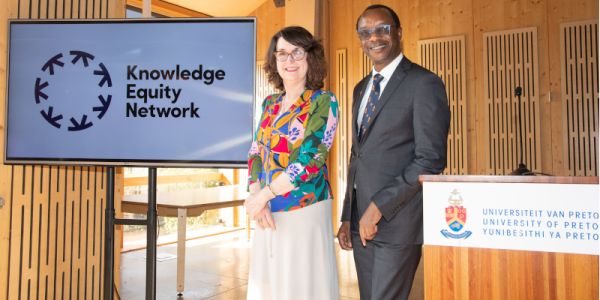
Global network to tackle humanity’s greatest challenges
Academic institutions and leaders across the globe are joining forces in a bid to solve some of the most urgent challenges facing the planet today.

Academic institutions and leaders across the globe are joining forces in a bid to solve some of the most urgent challenges facing the planet today.

A collaboration involving 80 scientists has identified the regions of the Amazon rainforest where trees are most likely to face the greatest risk from drier conditions brought about by climate change.
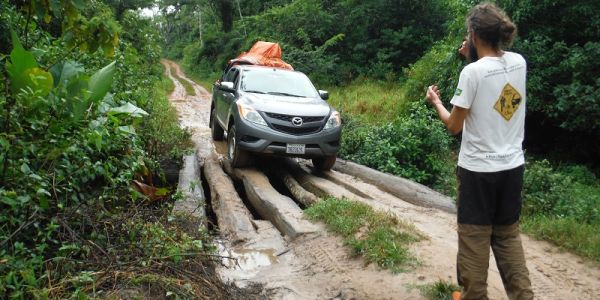
As an ecologist, Dr Julia Tavares often has to consider how to collect data from remote locations.
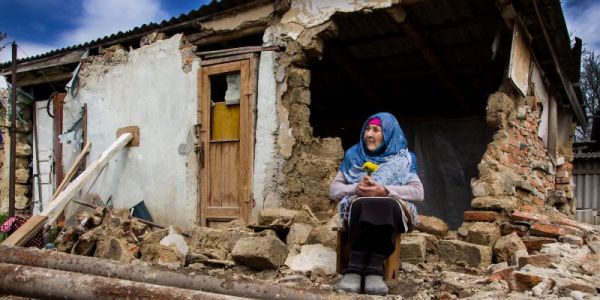
Ukrainian civilians who suffer traumatic injuries in the country’s conflict with Russia are the focus of new collaborative research by the University of Leeds and Bukovinian State Medical University.
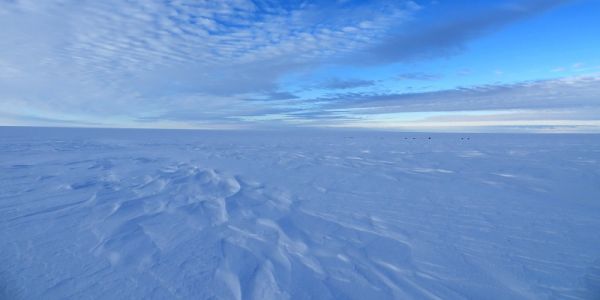
Scientists have calculated that the fastest changing Antarctic region - the Amundsen Sea Embayment - has lost more than 3,000 billion tonnes of ice over a 25-year period.
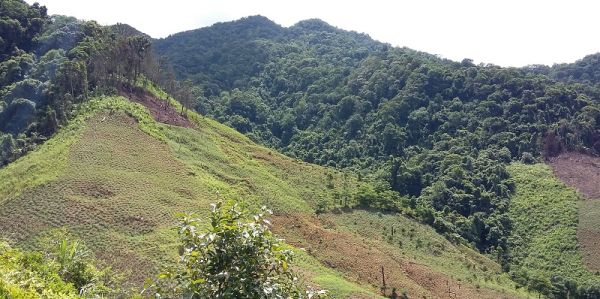
Deforestation is resulting in reduced rainfall across large parts of the tropics, according to new research.
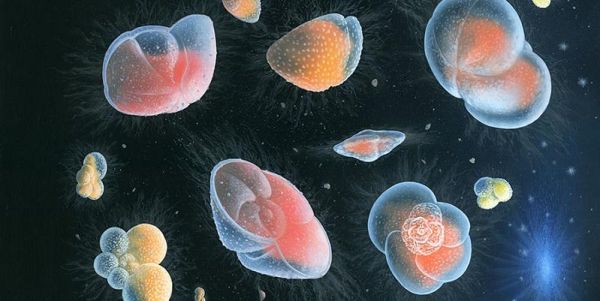
Researchers have used nearly half a million fossils to solve a scientific mystery - why the number of different species is greatest near the equator and decreases towards polar regions.
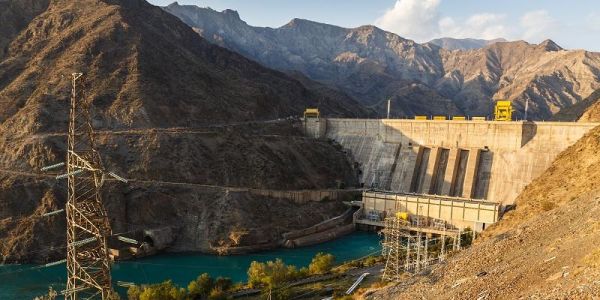
Scientists have analysed data from nearly three million rivers across the globe to identify where hydropower stations could be sited with limited environmental impacts.
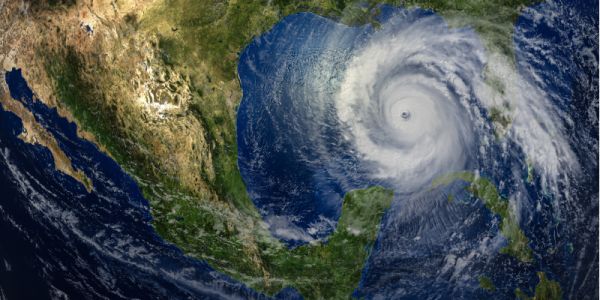
A major European research partnership is to expand its collaborative projects to help tackle pressing global issues.
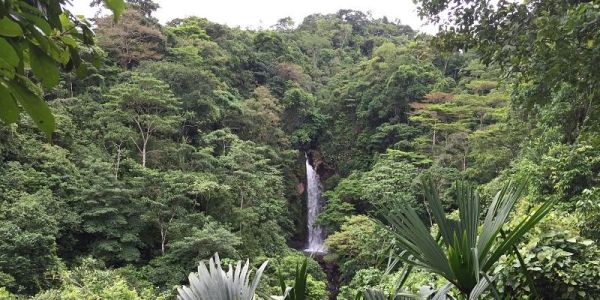
Reforestation projects could be made more effective with the findings of new research into the constraints on nitrogen fixation among plants.